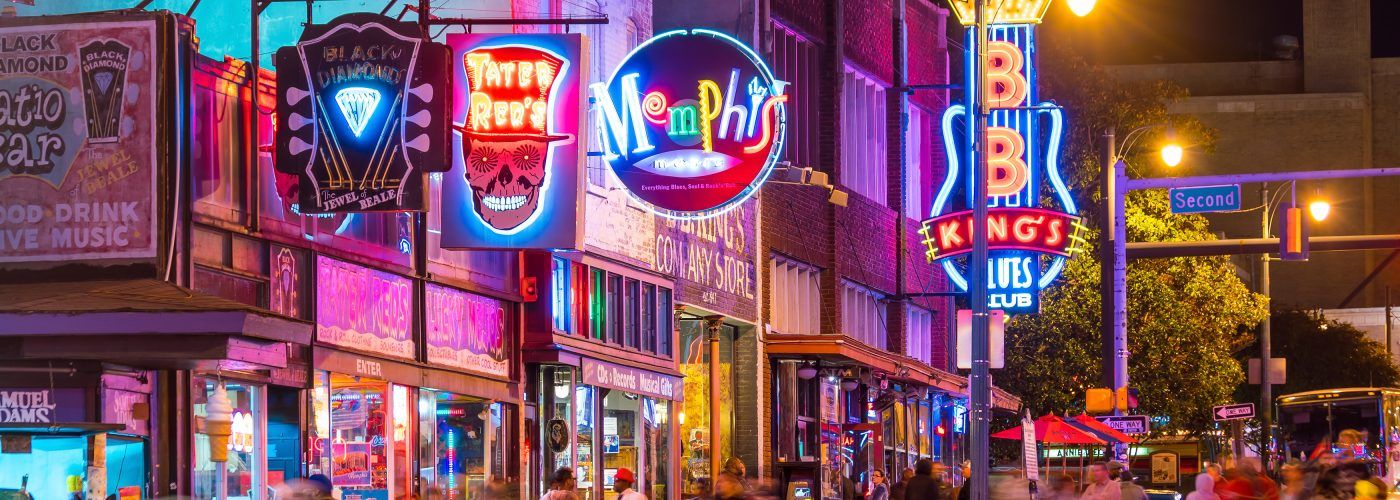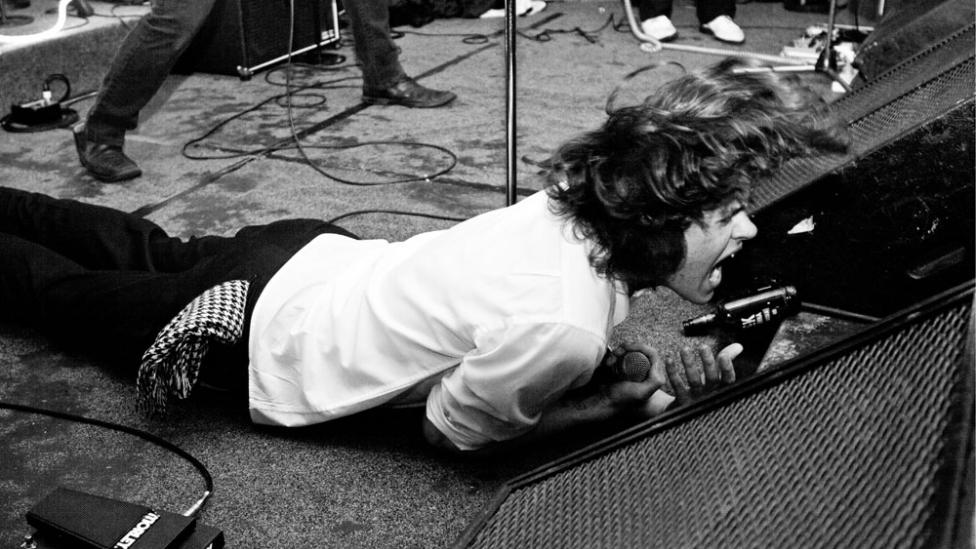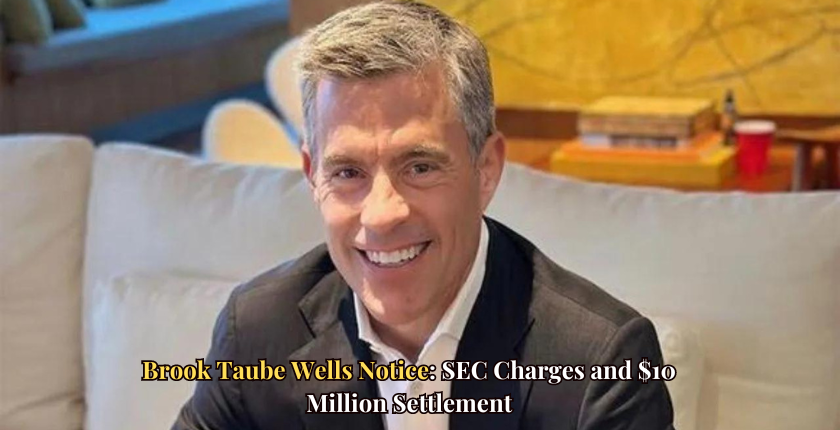Table of Contents
Memphis, Tennessee is a city with a fascinating history and culture. From blues and rock ‘n’ roll to world-famous barbecue, there’s a lot to love about this place. But one thing that often comes up when talking about Memphis is how dangerous it can be. Many people wonder, “Why is Memphis so dangerous?”
The truth is, there are several reasons why crime rates in Memphis tend to be higher than in other parts of the country. It’s not just one single thing, but a combination of different factors that all play a role. In this article, we’ll take a closer look at some of the key reasons behind the danger in Memphis.
Why is Memphis so Dangerous?
There are Several Reasons Why is Memphis so Dangerous are below:
Poverty and Economic Struggles
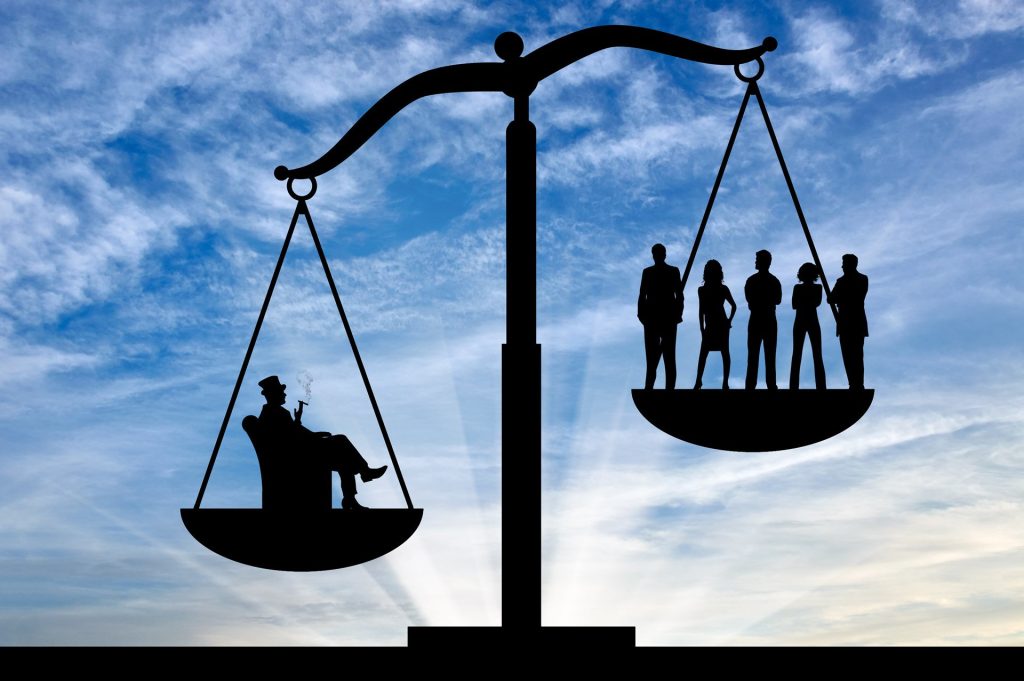
One of the biggest contributors to high crime rates in any city is poverty. Unfortunately, Memphis has historically struggled with poverty and economic challenges. According to recent data, around 25% of the population in Memphis lives below the poverty line. That’s significantly higher than the national average.
When people don’t have access to good jobs, affordable housing, quality education, and other important resources, it can create an environment where crime becomes more tempting or even necessary for survival. Desperate situations sometimes lead people to make poor choices out of a feeling that they have no other options.
Gangs and Illicit Drug Trade
Like many major cities, Memphis has an issue with gang activity and the illegal drug trade. Gangs often get involved in violent turf wars over control of certain neighborhoods and drug distribution routes. This can lead to shootings, assaults, robberies, and other dangerous crimes spilling out into the community.
The presence of gangs also contributes to a cyclical problem. Young people growing up in poverty with few opportunities may get lured into joining a gang, which then perpetuates more violence and crime. Breaking this vicious cycle is an ongoing challenge for law enforcement and community leaders.
Lack of Community Investment

Part of the reason crime persists in Memphis is a lack of investment in certain high-risk neighborhoods and communities. Areas with high poverty rates often suffer from underfunded schools, crumbling infrastructure, limited access to social services, and few options for constructive activities for kids and teenagers.
When communities lack resources and supportive programs, it creates an environment where criminal elements can take deeper root. Revitalizing and reinvesting in struggling areas of Memphis could help address the root causes of crime rather than just treating the symptoms.
Read also: Why Do Guys Stare at Me But Never Smile?
Easy Access to Firearms
Like many states in the South, Tennessee has relatively permissive laws when it comes to firearms. It’s quite easy for people to legally obtain guns in Memphis if they meet the basic requirements. Of course, criminals also obtain firearms through illegal channels and trafficking networks.
The prevalence of guns contributes to more gun crimes like shootings, armed robberies, and gun-related homicides in Memphis. Cities with stricter gun laws and fewer firearms in circulation tend to have lower rates of gun violence compared to places like Memphis.
Historical Racial Tensions
It’s impossible to talk about crime in Memphis without acknowledging the role that historical racial tensions and racism have played. Like many other cities, Memphis has dealt with systemic discrimination, segregation, excessive police force against minorities, and a lack of investment and opportunities in predominantly black neighborhoods.
These long-standing issues have created an environment of distrust between law enforcement and certain communities. They’ve also contributed to the same economic and social disparities linked to higher crime rates. Healing racial divides and promoting more equality could improve community-police relations and public safety.
Underfunded Police Department
Despite the struggles with crime, the Memphis Police Department has faced budget cuts and staffing shortages in recent years. Not having adequate police presence and resources makes it harder to effectively fight and deter criminal activity across all neighborhoods.
Law enforcement officials regularly cite the funding and staffing problems as a first-rate impediment to getting Memphis’ crime trouble under management. With extra officials on the streets and up-to-date gadgets and training, they’ll be capable of making more headway against gangs, pills, and violent offenders.
Geographic Factors
Even the geography and location of Memphis create some challenges from a crime prevention perspective. Memphis sits along the Mississippi River and borders Arkansas, which makes it an ideal trafficking route for illicit goods and activity between states.
The city’s layout, with various disconnected neighborhoods and pockets of poverty and wealth nearby, can breed the conditions that give rise to different types of property crimes, violent crimes, and gang territorial disputes. Urban planning efforts to promote more connectivity and economic integration between areas could help.
Too Many Guns on the Streets
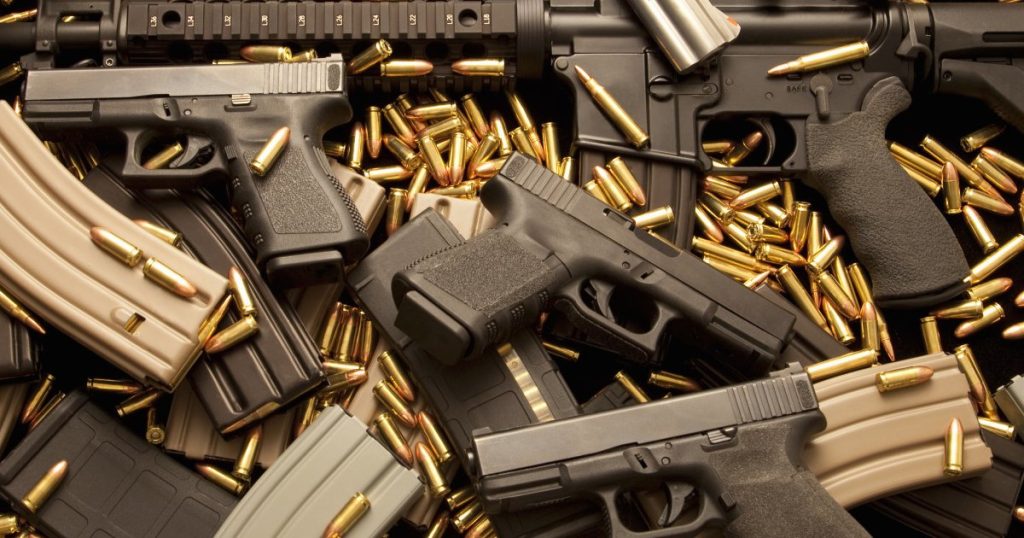
Let’s talk a bit more about the guns on the streets of Memphis. Even though it’s legal for many people to own firearms in Tennessee with the proper permits, the number of guns used in crimes is staggering. Many of these guns come from unlawful sources like theft and illegal sales.
In 2021 alone, the Memphis Police Department recovered an astonishing 3,500 guns from criminal investigations and off the streets. That’s an average of nearly 10 guns every single day! Having that many illegal guns in circulation is a major public safety threat.
Youth Violence and Recruits for Gangs
Unfortunately, most of the violent crimes in Memphis contain teen offenders – children and young adults who get stuck up in gangs, drugs, robberies, and shootings at a younger age. Gangs actively recruit college-age youngsters from disadvantaged neighborhoods, beginning a cycle of crime it is hard to escape.
Finding ways to prevent kids from joining gangs in the first place and providing better after-school programs, mentors, and paths to success could drastically reduce youth violence in Memphis over time. It’s a complex challenge, but an important one for the whole community to rally around.
Domestic Violence and Crimes Against Women
Sadly, Memphis also has issues with high rates of home violence and crimes toward girls in comparison to different cities. These troubles frequently go hand-in-hand with poverty, substance abuse, lack of schooling, and different elements that breed surroundings wherein such violence is more ordinary.
In 2021, Memphis had the highest rate of domestic violence offenses among major U.S. cities and was ranked as one of the least safe places for women to live. More resources, education, and a change in attitudes are needed to better protect women and families in Memphis.
Final Words
As we’ve seen, there is no simple answer to the question “Why is Memphis so dangerous?” It’s a complex issue driven by many different economic, social, historical, and geographical factors all intersecting together. Poverty, gangs, drugs, easy access to firearms, underinvestment in high-risk areas, underfunded law enforcement, entrenched racial divides, and Memphis’ location itself all contribute to the city’s stubbornly high crime rates.
Truly fixing the general public protection issues in Memphis would require a multi-pronged, sustained effort to address root causes and provide extra opportunities and resources to the most prone groups. It won’t be clean, but civic leaders, law enforcement, social offerings, churches, colleges, businesses, and residents will all want to work together on short-term and long-term answers.
With dedication, innovation, and strategic community investment over many years, it is feasible to gradually enhance safety and decrease threat across all neighborhoods in Memphis. The metropolis’s rich cultural background is worth fighting to maintain so all residents can experience security sufficient to revel in everything this specific vicinity has to offer. It will take time, however, a more secure, revitalized Memphis is a possible intention.

